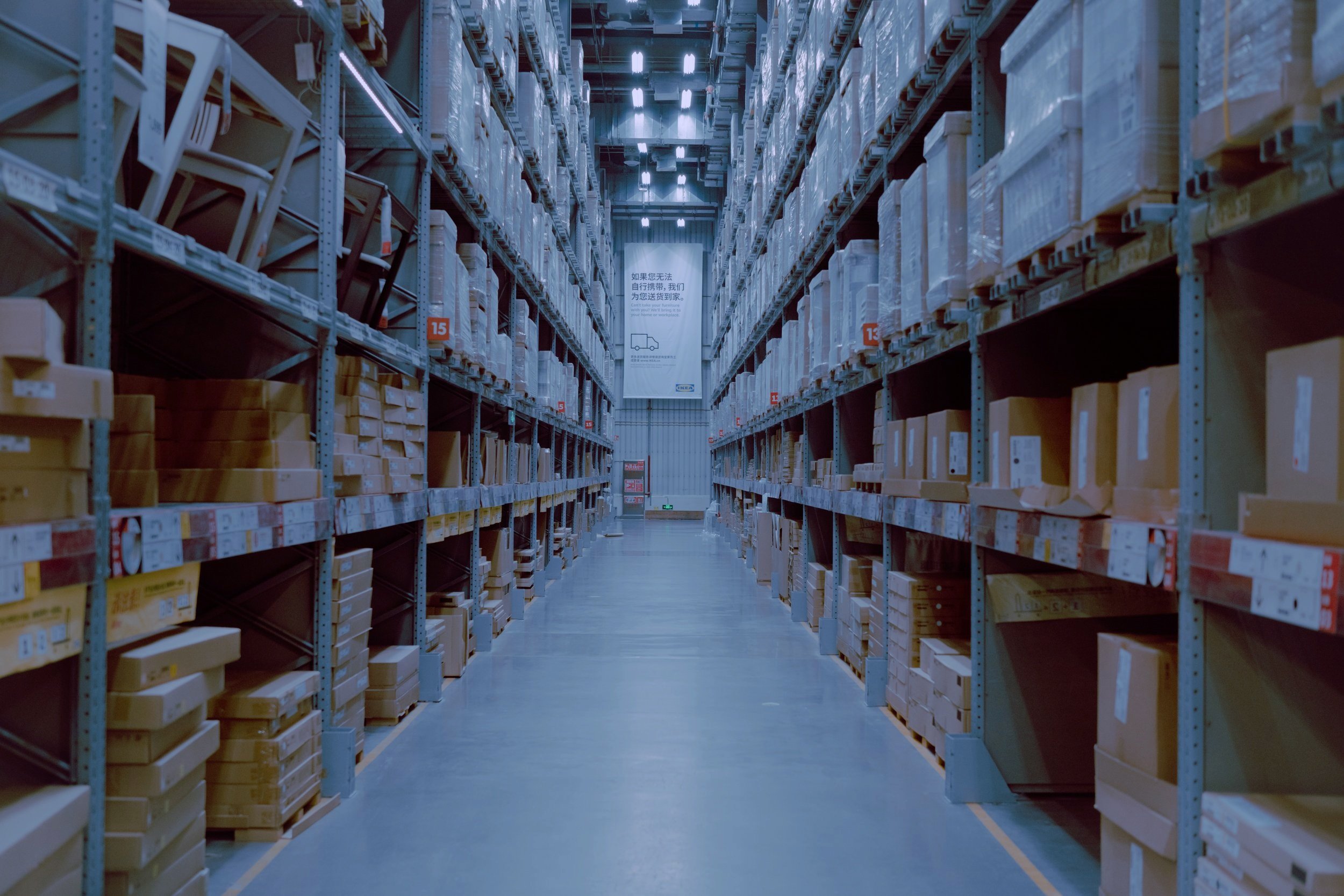
The Downsides of Large Distribution Companies
Did you know?
In recent years, the chemical industry has witnessed a concerning trend: large distribution companies acquiring smaller counterparts. While mergers and acquisitions may seem strategic, several compelling reasons suggest that this may not be advantageous for the industry, its customers, and even the distributors themselves. The primary issue lies in large distributors becoming too unwieldy to provide essential personalized customer service, which is crucial in the chemical sector. They lose sight of the reason they were hired by a manufacturer to begin with.
Loss of Personalized Customer Service
Manufacturers employ distributors to maintain close relationships with their customers. Smaller distributors excel in this regard, offering tailored solutions to unique client needs. However, when large distribution companies acquire these smaller entities, they often fall into the same habits of the manufacturers they were hired to avoid.
As large distributors grow, bureaucratic processes and an overemphasis on efficiency and cost-cutting can dilute their commitment to customer service. They prioritize streamlining operations over customer satisfaction, resulting in a less satisfactory experience for clients.
Inefficiency of Scale
Large distribution companies often have a line card that is not sustainable. In my time as a General Sales Manager, I learned this first hand. We had a smaller portfolio of no more than 15 lines. Some international distributors have over 100. It is really only possible to intimately know a few lines. If you water down your attention, those you represent are not being treated with the focus they deserve.
Additionally, the customer is trusting you to be a technical resource for the products you represent. No one can be a technical resource for 2000+ products. Technology has changed the way people do business. If they just wanted to find out what products a distributor sells, they can find it online.
The point of distribution is being a resource. It is being an advocate for the customer. It is being a partner.
Lean Operations & Collaborative Inventory Management
We operate with a leaner more technology driven approach, resulting in cost savings that benefit customers in the cost-sensitive chemical industry. We employ collaborative inventory management practices that provide real-time inventory data to manufacturers and suppliers. This cooperation streamlines the supply chain, ensuring product availability without overstocking or costly delays. We also have a unique business approach that allows us to take advantage of domestic inventory that stays at the market price and does not fall victim to the volatility of ordering and paying for something that may take 2-3 months to arrive.
Wrapping Up
Large distribution companies acquiring smaller firms in the chemical industry may seem like a sound strategy, but it often falls short of expectations. The chemical sector relies on personalized customer service, expertise, and adaptability, qualities that smaller distributors excel at providing. As large distributors grow, they risk sacrificing these qualities for efficiency and cost savings, leaving customers and the manufacturers they represent unsatisfied. Companies in the chemical industry should carefully consider the long-term consequences of such acquisitions and weigh the benefits of maintaining a network of nimble, customer-focused distributors who offer cost-effective solutions and embrace collaborative inventory management practices.
